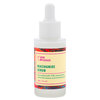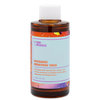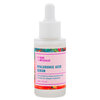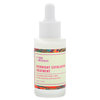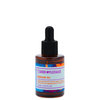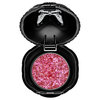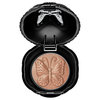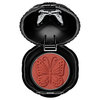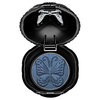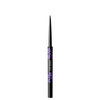
Beauties, we've already discussed nail and cuticle biting, but did you know there is another nervous nibbling habit? Lip and cheek biting. Gnawing on the inside of the cheeks is more common than you’d think. From accidental to chronic, there are a variety of reasons why biting can occur. So we chatted with Thomas P. Connelly, D.D.S., to find out the dangers of this bad beauty habit—and how to stop!
As a top New York City-based cosmetic dentist, Dr. Connelly sees a lot of cheek biting. "Cheek biting is the chewing of one’s inner mouth, which sometimes can include lips and tongue," says Dr. Connelly. "There are several causes of cheek biting, but sometimes it’s simply accidental." Ever try to chat while eating and end up nipping your lip or cheek? That careless—and often painful!—mishap is what he is talking about. Dr. Connelly says another reason for cheek noshing is misalignment. When your teeth aren't in the correct position, it can lead to chronic cheek chewing, which can be problematic. A lot of the time, the compulsive habit is just “nervous lip and cheek biting that’s akin to biting one’s nails," he says.
And just how harmful is this nibbling? “Biting one's cheeks often leaves sores, which can be dangerous if they get infected,” says Dr. Connelly. That is in extreme cases. Most of the time, “chronic soreness is probably the most harm,” he says. This discomfort is similar to when you bite your nails down too close to the skin. Not to mention, an open lesion will burn when you eat acidic, salty, or spicy foods, making daily munching a painful experience. Dr. Connelly also explains that while he has heard of mouth lesions sometimes being a cause of oral cancer, he doesn’t believe that any studies have proven that cheek biters may be more susceptible to cancer. “Any chronic mouth lesion could develop cancer over the long term, but the research and final word are spotty.”
Fixing this habit involves techniques similar to those used to cure nail biting. “The solution may be some kind of substitute or training that eliminates the habit,” says Dr. Connelly. “Try chewing sugarless gum to keep your mouth busy. Or if you are a lip biter, opt for a flavored lip balm or gloss. The taste will make you aware every time you chomp down.” The good news: Just like your fingertips, "once you stop biting, your mouth will heal itself," assures Dr. Connelly.
You Might Also Like
-
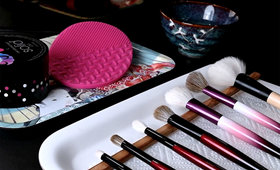
Makeup Brushes
The Definitive Guide on How To Clean Your Brushes
- 11
-
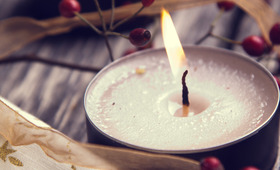
Expert Advice
What's Your Winter Scent?
- 77
-
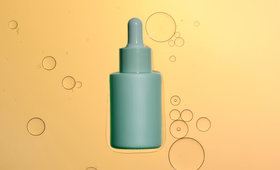
Expert Skin Care Advice
What is Retinol?
- 320
-

Eye Brushes
Sonia G. Pencil Brushes: The Details Behind the Design
- 6
-
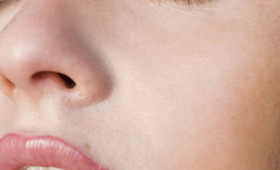
Expert Advice
Would You Permanently Tattoo Your Makeup?
- 50
-
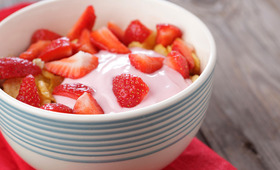
Wellness
Why We Love Yogurt
- 648
-

Expert Advice
Winter Tips for Curly Hair
- 284
-
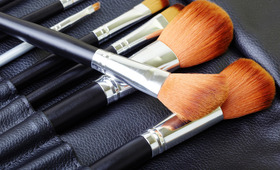
Makeup Brushes
Makeup Brushes: Q&A With Fiona Stiles
- 334



